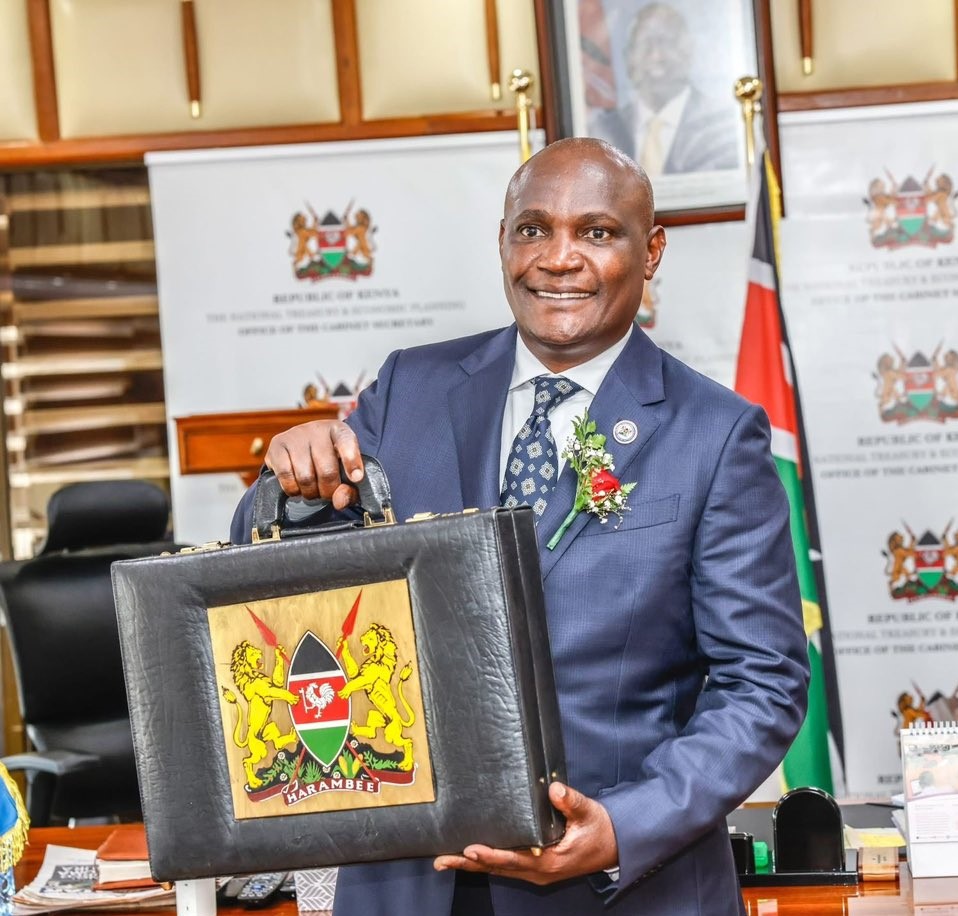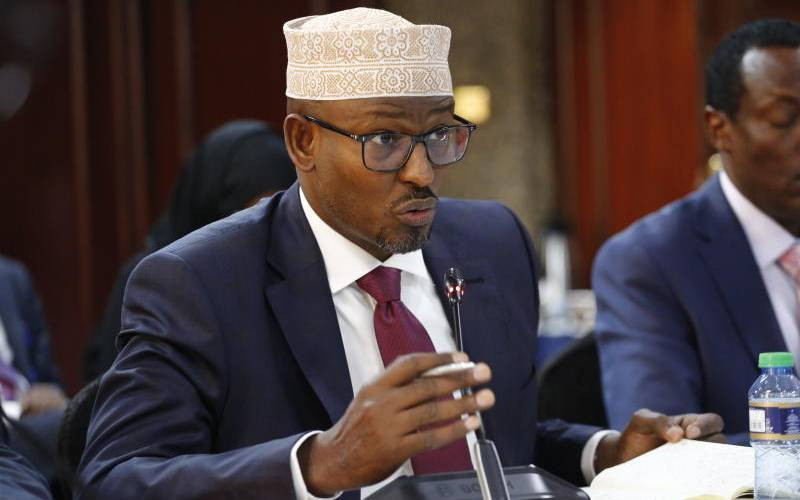By TWV Team
For thousands of Kenyan entrepreneurs, securing a government tender was once a golden opportunity. Now, it’s a poisoned chalice, leaving small and medium-sized enterprises (SMEs) grappling with crushing debts, shattered dreams, and businesses on the verge of collapse.
Over the past decade, suppliers and contractors working with government entities have been trapped in a vicious cycle of delayed payments and unfulfilled promises. In his 2025–26 Budget address, National Treasury Cabinet Secretary John Mbadi revealed that pending bills have soared to a staggering Ksh 571 billion, a figure that underscores a deepening crisis for SMEs, particularly in the construction, supply, and service sectors.
These are not faceless corporations but family-run businesses, youth-led startups, and veteran contractors lured by the promise of government contracts, only to be left chasing payments for years. Many speak of overwhelming debts, mental anguish, and the slow strangulation of their livelihoods. Some have shuttered their businesses entirely, sold equipment, defaulted on loans, or laid off loyal staff, not due to mismanagement but a government culture that normalises non-payment.
“We can’t pay rent, school fees, or even afford food,” said a once-thriving contractor in Nairobi. “How can a government sign contracts and refuse to pay? This is economic sabotage.”
The latest Audit Report by Auditor-General Margaret Nyakang’o paints a grim picture. As of March 31, 2025, pending bills owed by the national government reached Ksh 511.75 billion, a 5.1% increase from the previous year. State corporations owe Ksh 421.63 billion, primarily to contractors and suppliers, while Ministries, Departments, and Agencies (MDAs) owe Ksh 90.12 billion, much of it dating back years. Seventy-four per cent of MDA bills cover recurrent expenditures, salaries, utilities, and rent, predictable expenses that should have been budgeted for.
Despite repeated public assurances and parliamentary reports urging action, the government continues to sign contracts it cannot honour, undermining the very entrepreneurs it claims to champion. Economists warn that proposed incentives like tax holidays for startups will be meaningless if businesses cannot access their rightful dues.
“You cannot promote growth while refusing to pay SMEs,” said a Nairobi-based policy analyst. “It’s dishonest, immoral, and destroys livelihoods.” In a long-overdue acknowledgement of the crisis, Cabinet Secretary Mbadi announced the rollout of a new e-Procurement System, a digital platform designed to provide an end-to-end transaction trail and eliminate delayed payments. “No more lost documents, no more excuses,” Mbadi declared.
Yet scepticism persists. Past promises of reform have been buried under bureaucratic inertia and corruption. While Mbadi’s intentions may be sincere, contractors argue that no digital system can succeed without political will, accountability, and legal enforcement. For now, the platform risks becoming a digital ledger of government failure.
A prominent business leader and critic of procurement policies was blunt: “We don’t need more press conferences. We need payments.” Behind the billions are human tragedies, broken families, shuttered businesses, and a demoralised private sector. In Kisumu, a woman’s business was auctioned after waiting three years for the county government to pay for furniture supplied to a health facility. In Eldoret, another contractor was arrested after defaulting on a bank loan tied to an unpaid school feeding contract.
This is not a paperwork issue; it is a national scandal, a betrayal of Kenyan taxpayers and the entrepreneurs who risk everything to build the nation. No e-system, fiscal reform, or budget promise will restore public trust until the government settles its debts.
Enough is enough. The state must stop exploiting contractors as disposable resources. Only then can Kenya rebuild its entrepreneurial spirit and restore faith in public procurement.





